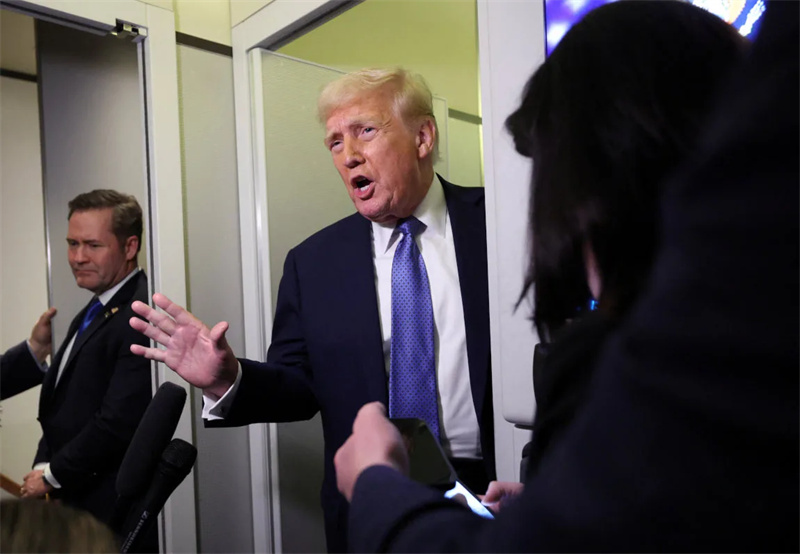On May 8, it was reported that the Trump administration is set to rescind and amend the Biden-era regulations that restricted the export of advanced artificial intelligence (AI) chips. According to a U.S. Department of Commerce spokesperson, the decision is part of broader efforts to revise semiconductor trade restrictions, which have faced significant opposition from major tech companies and foreign governments.
The new policy will seek to simplify export controls, which currently categorize countries into three tiers to regulate the flow of chips from companies like Nvidia. Sources reveal that the Trump administration will not enforce the so-called AI Diffusion Rule, which is scheduled to take effect on May 15. The spokesperson emphasized that the Biden-era AI export regulations were overly complex and bureaucratic, hindering American innovation. The Trump administration plans to replace them with a simpler framework that will bolster U.S. leadership in AI.

Despite the shift, the Department of Commerce will continue to enforce strict chip export limitations while the new rules are being developed. The announcement led to a surge in semiconductor stocks across Asia, with Japanese companies like Tokyo Electron, Disco, and Advantest rising between 2% and 6%. Korean companies, including SK Hynix and Samsung, also saw gains, with the Philadelphia Semiconductor Index rising 1.7% overnight.
In January, just before leaving office, President Biden's administration issued the AI Diffusion Export Control Framework, which imposed a three-tiered licensing system to regulate AI chip exports. The system aimed to limit countries' access to chips that could enhance their military capabilities, particularly targeting China. The first tier included countries like Japan and Australia, which faced no restrictions, while the second tier limited exports to around 120 countries. The third tier, which included China, Russia, Iran, and North Korea, was effectively blocked from receiving these advanced chips.
The Trump administration is considering abandoning the tiered structure in favor of a global licensing system based on government-to-government agreements. However, the final decision on the new regulations is still under discussion.
+86 191 9627 2716
+86 181 7379 0595
8:30 a.m. to 5:30 p.m., Monday to Friday
